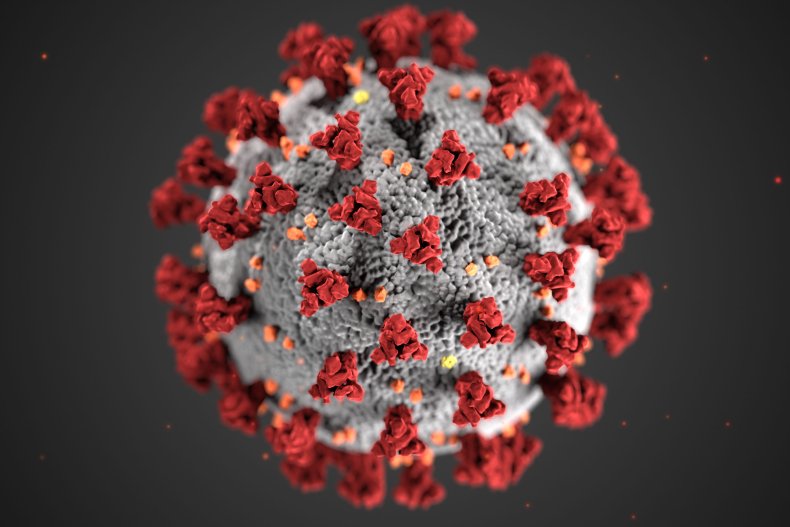The British federal government has prohibited tourists from South Africa from getting in England after a “extremely worrying” brand-new variant of COVID was found in the U.K.
The measure came into place at 9 a.m. GMT Thursday, and showed an “increased threat from a brand-new pressure of coronavirus” called 501.
The news came as the U.K. attempted to deal with a separate pressure of the coronavirus, B. 1.1.7, that is believed to be better at spreading than previous forms, and has actually triggered lockdowns in London, parts of the south east, and the east of England.
British and Irish nationals, visa holders and long-term homeowners might go into England from South Africa if they self-isolated for 10 days with their family. The restriction and self-isolation measures would be kept under evaluation.
The restriction was “important to prevent further domestic infection,” Department for Transport press release said.
It was put in location after Health Secretary Matt Hancock revealed at an interview on Wednesday that the U.K. had found two cases of the brand-new501 V2 version from South Africa “over the past couple of weeks.”
He said: “This brand-new variant is extremely concerning since it is yet more transmissible and it appears to have altered even more than the new version that has actually been found in the U.K.”
Jonathan Ball, teacher of molecular virology at the University of Nottingham, U.K., stated in a statement: “The anomaly that has actually cropped in Africa has actually been seen prior to, and we have no idea whether it impacts on infection transmissibility or resistance.
” We need to study the effect of mutations on virus behavior, however till we have actually carried out those important experiments we should avoid panicking. If we practice social distancing and limitation interactions with others, then we will avoid spreading the virus, no matter what collection of anomalies it has.”
Andrew Preston, a scientist in microbial pathogenesis at the U.K.’s University of Bath, said in a statement the two versions “both include an unusually high variety of mutations compared to other SARS- CoV -2 lineages.” Some impact the spike protein that the infection uses to go into the body, “which is cause for issue.”
He stated: “It is critical to act quickly to ring-fence a high-transmission infection to prevent it from ending up being developed, so the precautionary quarantine of those who might have entered contact with the South Africa variation is important for this.”
Preston said the U.K. has carried out monitoring of the hereditary product of various stress throughout the pandemic “and therefore was well positioned to determine the brand-new variant early during its rise.
” In other countries that do not have this capacity, it is rather possible that these versions are already in flow, however presently unknown. It appears we are getting in a particularly dangerous stage of this pandemic, making the effective present of the vaccines much more time-critical.”
On Tuesday, the U.S. Centers for Illness Control and Prevention stated B. 1.1.7 has not been discovered in the U.S., but it may be flowing in the nation as the heredity of a fairly little number of cases had been mapped.
Dr. Anthony Fauci, director of the National Institute of Allergy and Contagious Diseases, stated on Monday the U.S. must make the assumption that B. 1.1.7 has actually shown up in the U.S.
” When you see something that is quite widespread in a location like the U.K., there are also anomalies that we’re seeing in South Africa, and given travel throughout the world, I would not be surprised if it’s already here. When we begin to search for it we’re gon na discover it,” he said.

CDC
No comments:
Post a Comment